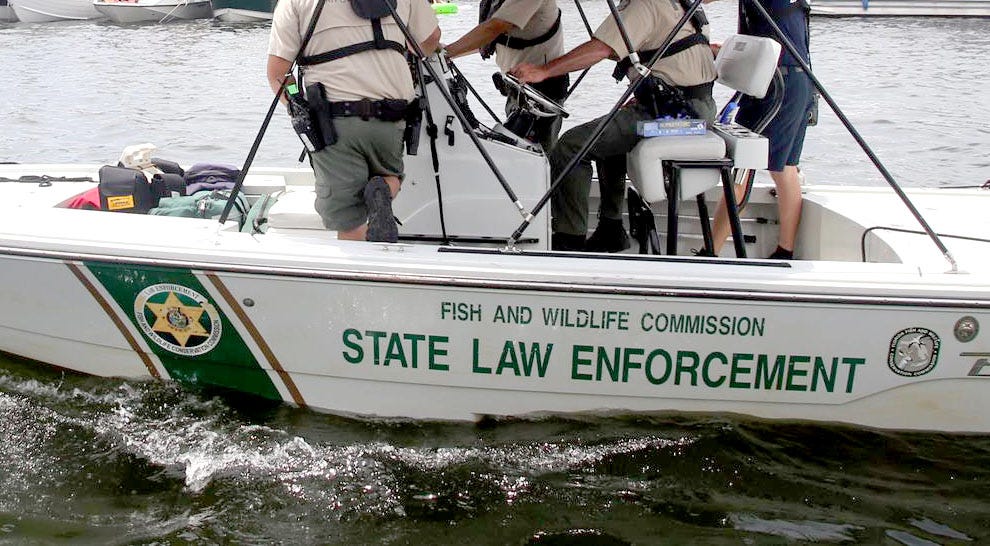
A new Florida law allows county and local authorities, along with the Florida Fish and Wildlife Conservation Commission, to issue non-criminal citations to owners who allow their boats to become “at risk” of becoming derelict.
“This law allows officers to take action before a vessel crosses that line between at-risk and derelict, and hopefully prompts the owner to rectify any issues with the vessel before it reaches a state of disrepair,” said Phil Horning, FWC’s derelict vessel program administrator. “Prior to this law being enacted, officers had to wait until a vessel met the legal criteria for a derelict vessel before beginning any sort of official interaction with the owner.”
Under the law, a vessel is deemed “at-risk” if any of these conditions is observed:
●The vessel is taking on or has taken on water without an effective means to dewater
●Spaces on the vessel designed to be enclosed can’t be sealed off, or remain open to the elements for extended periods
●The vessel has broken loose or is in danger of breaking loose from its anchor
●The vessel is left or stored aground, unattended, in such a state that would prevent the vessel from getting underway, is listing due to water intrusion, or is sunk or partially sunk.
If an officer observes a vessel with one or more of these criteria, a non-criminal citation may be issued that requires the owner to correct the problem or face stronger penalties after 30 days have passed.
If problems are not fixed, non-compliant vessel owners can face additional fines issued every 30 days until they are.
Vessel owners are also reminded to sell their vessels properly.
“Many owners don’t realize that not only is the buyer required to get the vessel re-titled in their name, but the seller is also required to notify the Department of Highway Safety and Motor Vehicles within 30 days that they have sold their vessel,” Horning said.
Failure to do so is a violation, and may cause the first owner of record legal troubles should the vessel become derelict at a later date.
This article originally appeared on Crestview News Bulletin: 4 ways your boat is ‘at-risk’ under new Florida law
